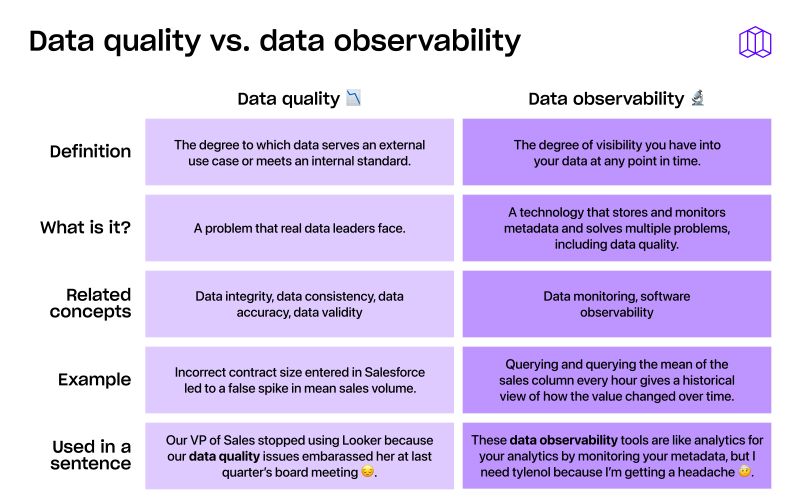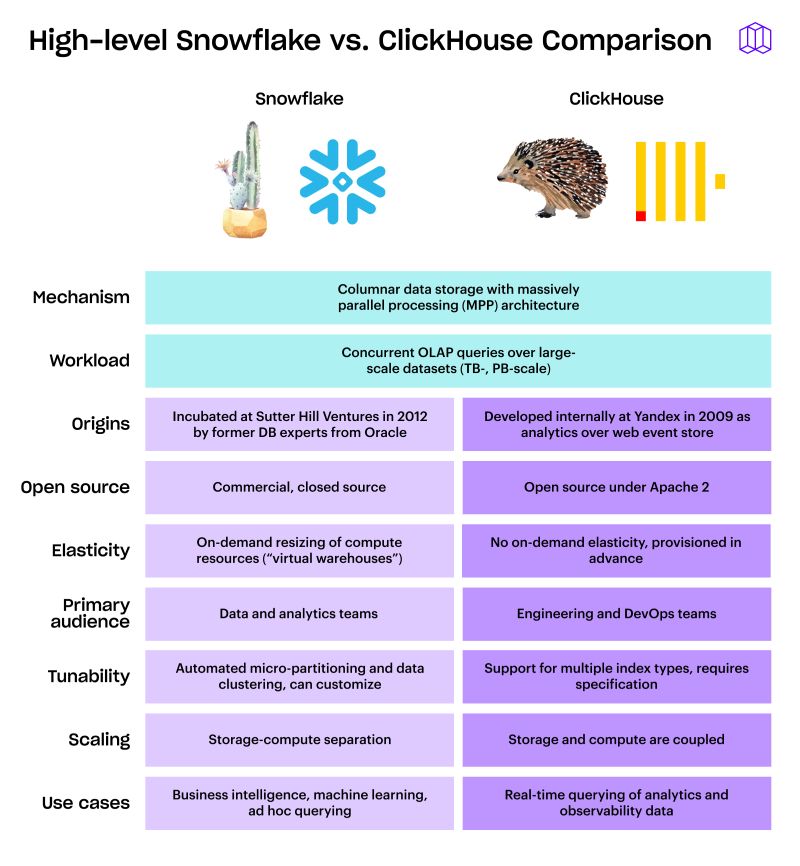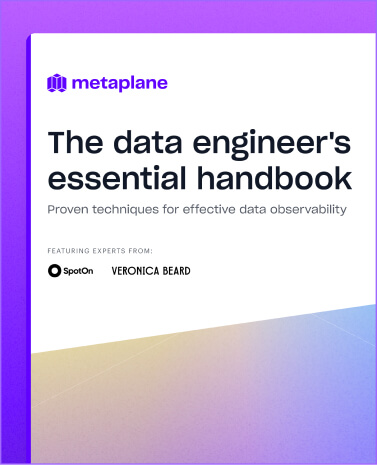Integration update: Looker lineage now includes View and Explore fields
Use our improved, automated lineage for Looker to understand the full impact of data quality incidents on your analytics.

Metaplane’s business intelligence integrations, including Looker, were developed to help your team understand the impact of data quality incidents on your dashboards, and to help clarify the root cause of things like stale data and weird numbers on your dashboards.
We’re delighted to share that we’ve recently shipped some big upgrades to your Looker integration. In addition to previous support for lineage from warehouse columns to Explores, your Looker lineage now also depicts the relationships between Looker objects. Those objects include:
- Field-level lineage for Views
- Field-level lineage for Explores
- Field-level lineage for Dashboards
- Native (LookML) derived tables
- SQL-derived tables

Benefits of column-level lineage for Looker
By integrating Looker with Metaplane, you’ll see two primary benefits.
- Proactively alert stakeholders: By understanding what Explores or Dashboards are dependent on a field with a data quality incident, you’ll be able to flip the traditional paradigm of “executive-driven testing”. You can be the first to alert your analysts and business users, helping to retain trust in your data.
- Accelerate root cause analysis: When you’re aware that a particular value in an Explore or Dashboard is inaccurate, you’ll be able to use lineage to understand how that value was generated. You’ll be able to visually understand the entire pipeline from the warehouse field to Views or derived tables used in an Explore. You’ll also be able to track those Explore fields through to any Dashboard built on those Explores.
Support for derived tables
Derived tables are a powerful alternative to standard Looker Views that unlock modeling across multiple tables for reuse in your analyses. The definitions for these objects tend to be defined via LookML in a git repository, which is why these new updates also include the ability to connect to the repository where you store your LookML code. From Metaplane user feedback, we’ve learned that Looker Derived Tables are often used by your most important dashboards and visualizations, and our latest update provides further granularity in your lineage graphs. By parsing your LookML, Metaplane can draw the lineage connections from upstream warehouse objects to downstream Views, Explores, and Dashboards and ensure you’re getting the full end-to-end picture of your lineage.
Call for feedback on Persistent Derived Tables (PDT)
Please email us at product (at) metaplane.dev if you use Persistent Derived Tables in Looker. We’d love to chat with you to find out how we can continue enhancing our integration and help your teams feel confident making business decisions.
How to get started
You have two non-exclusive options to integrate Looker into Metaplane.
- Add your API token: This will give base-level access to your Looker instance. You’ll see field-level lineage for most Looker objects, including Explore and Views.
- Add your GitHub credentials: By doing this, we’ll be able to parse your LookML to create the full field-level lineage graph for all of your Views, Explores, and Dashboards. You’ll want to use this option if you have more complex View or Explore creations defined in Looker, to fully understand how your data flows from warehouse columns through to Views/Derived Tables and through to Explores and Dashboards.
If you don’t have a Metaplane account, you can create a free one today! If you’d like to understand how hundreds of other users have optimized their data observability usage, book a time with our team to chat.
Table of contents
Tags
...

...
















